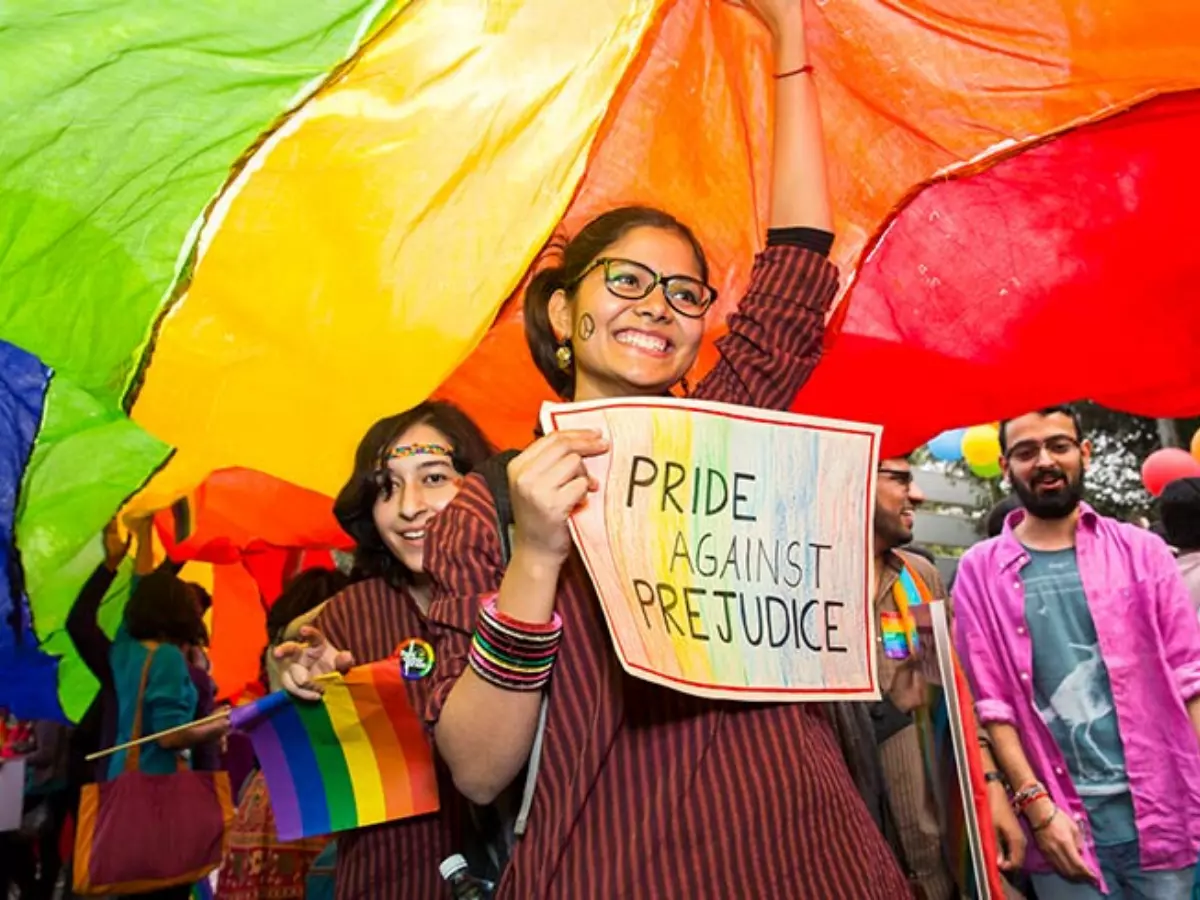Workplace Inclusion & Diversity Still A Distant Dream For The LGBTQ+ Community
A majority of us will spend one-third of our adult life at work according to a World Health Organisation WHO report published in February 2018. For many queer and transgender professionals inclusion and acceptance at the workplace is far from reality. A majority 77% of professionals revealed that they have no co-workers who belong to these sections of society.

Majority of us will spend one-third of our adult life at work, according to a World Health Organisation (WHO) report published in February 2018. And for some, this is a daunting thought. While navigating and overcoming challenges of the workplace can be intimidating for most professionals, the struggle is heightened for members of the LGBTQ + community.
For many queer and transgender professionals, inclusion and acceptance at the workplace is far from reality. In a survey conducted earlier this month, by TimesJobs titled ¡®Diversity and Inclusion initiatives practised by the Indian corporates¡¯ responses from over 1,137 professionals across industry verticals, revealed how 57% respondents were convinced that their company will never hire a professional from the LGBTQ+ community for a senior leadership position.

Reuters
The same survey brought to light how 43% of respondents felt that by expressing your sexual orientation at the workplace, you are bound to invite discrimination. Further, 65% of employees said that they haven¡¯t seen any change at their workplace after the decriminalisation of IPC Section 377. A majority (77%) of professionals revealed that they have no co-workers who belong to these sections of society.
"Corporate India is pretty regressive. Most companies fail to recognise the economic cost of homophobia to the nation's GDP. A 2016 World Bank report placed India¡¯s loss in GDP due to homophobia and transphobia at upto $32 billion. The numbers reveal for themselves that inclusion will foster finances and benefit the economy," said Harish Iyer, an equal rights activist told Indiatimes.

Reuters
And why these numbers make sense is because they are supported by the current treatment LGBTQ + community members experience. A lot of LGTBQ members still choose not to come out at work because it¡¯s just easier. Right now, there is no law that protects individuals from workplace discriminated based on sexual identity or preferences. ¡°So in any state of India, you can be fired for being gay, lesbian or even bi-sexual. In such cases, then it¡¯s no surprise why some employees might not even know if their colleague is queer or not,¡± said Iyer.
And we must remember work-place discrimination is not just an outwardly, overt act. It could be in the form of homophobic comments from colleagues, the inability of a colleague to use your preferred choice of pronouns for you or the lack of gender-neutral bathrooms in your workplace.

Reuters
¡°What most people lack is any kind of education or awareness about the LGBTQ+ community. Transgenders will not be respected in the workplace as a different power play is at work in corporates. People have their own idea of respect that is associated with gender and as of now there is no recognition of the third gender, despite the historic 2014 Supreme Court ruling,¡± Rudhrani Chettri, transgender model and activist told Indiatimes.
But for now, Indian workplaces are far from welcoming queer people and that¡¯s the reality we live in.
